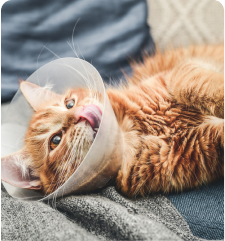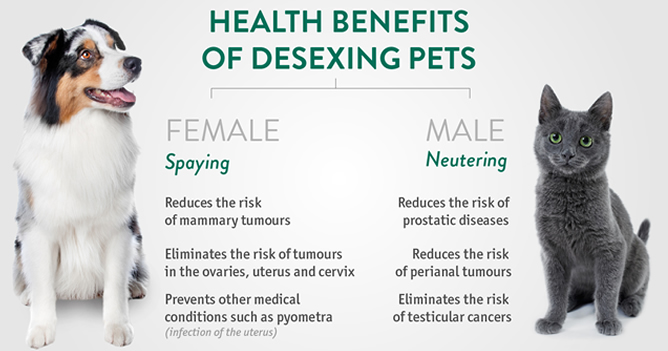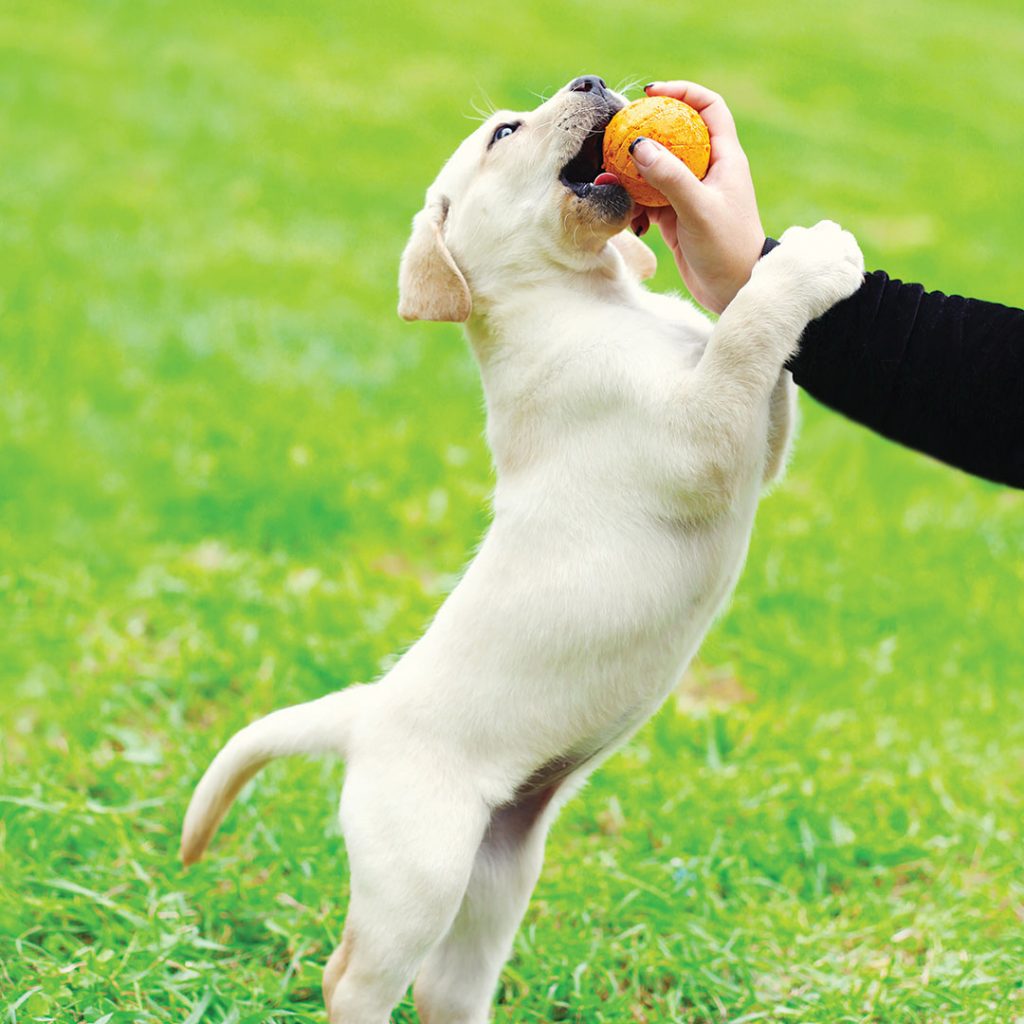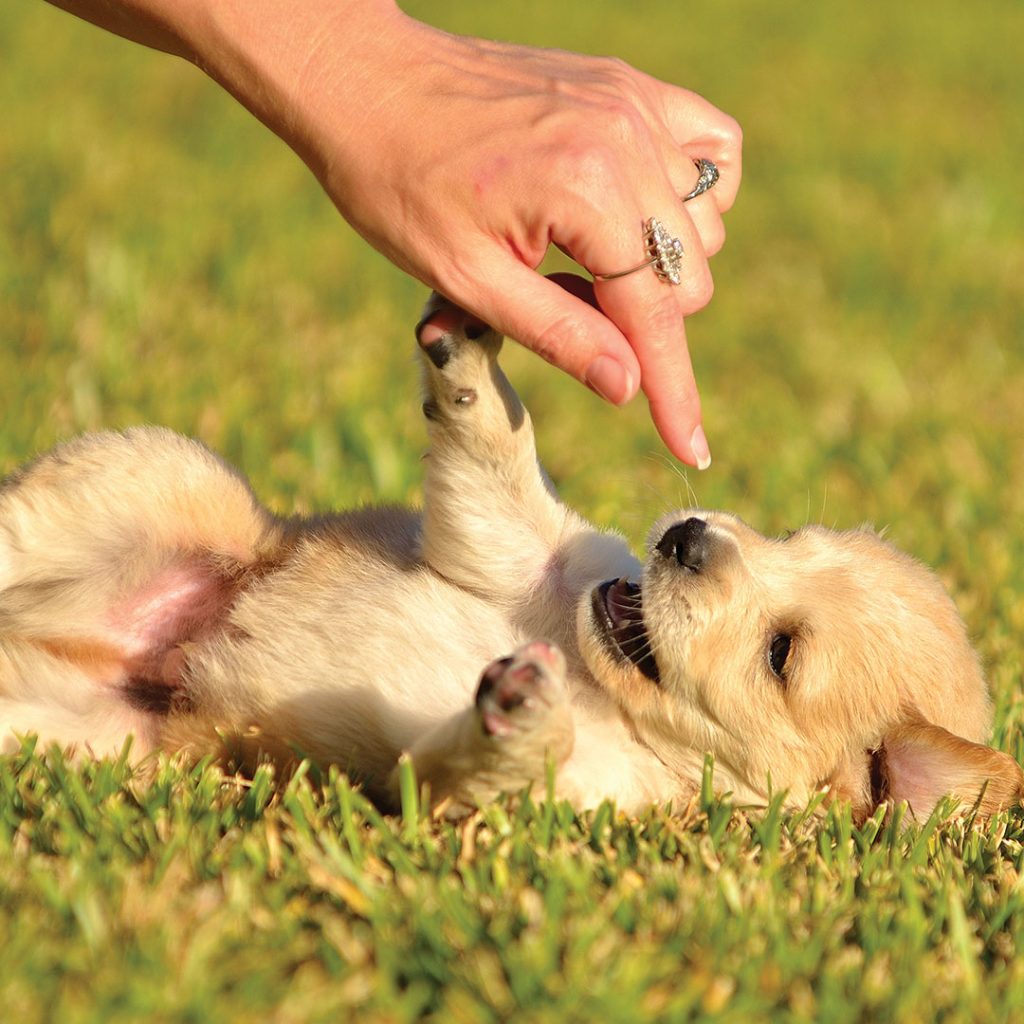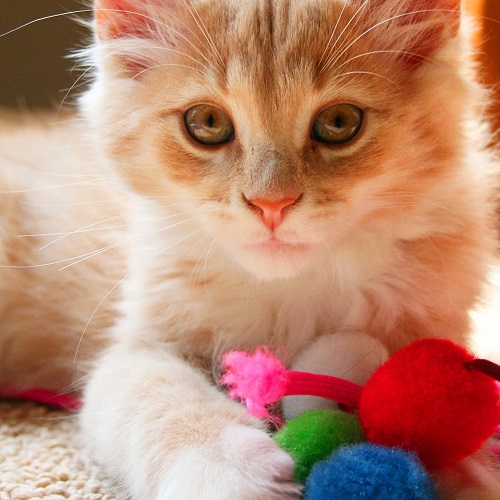*Terms & Conditions apply.
Participation in this offer is deemed acceptance of these Terms and Conditions.
20% desexing discount can be redeemed on one (1) castrate or spay line procedure for one dog.
Healthy Pets Plus members receive up to 45% off on a puppy and kitten lifestage plan only, which includes a 25% on desexing a puppy and kitten. Members on the Classic plan, and Adult or Senior lifestage plans receive a 10% discount on general services, plus 20% off desexing procedure. To learn more or to join, visit the Healthy Pets Plus website.
Offer available for new and existing Greencross Vets clients. Limited to one discount per pet.
Whether your pet is suitable for desexing will depend on their age, breed, lifestyle factors and health. Speak with your local Greencross Vet for advice.
To redeem, call your local Greencross Vets clinic to book and quote code DESEX20. Bookings are essential. Appointments can be booked online greencrossvets.com.au/book-online or by calling your local Greencross Vets clinic.
Value of discount must be used in full in one transaction. No change will be given. No rain checks. Employees of the promoter and their immediate families, and agencies associated with this offer are ineligible to claim. Discount is not redeemable for cash, and offer cannot be used in conjunction with any other promotional offer.
If additional treatment plans or medications are required for your pet, these will incur costs and the veterinarian will discuss this with you at the time of desexing.
Greencross Vets reserves the rights to alter this offer and terms & conditions at any time. View full terms and conditions.
Offer ends 31 August 2025.

 Greencross Vets
Greencross Vets 
